Anthony Albanese at top voice: no retreat on Indigenous referendum
Anthony Albanese says a voice to parliament would unite the nation and deliver real change for Indigenous Australians.
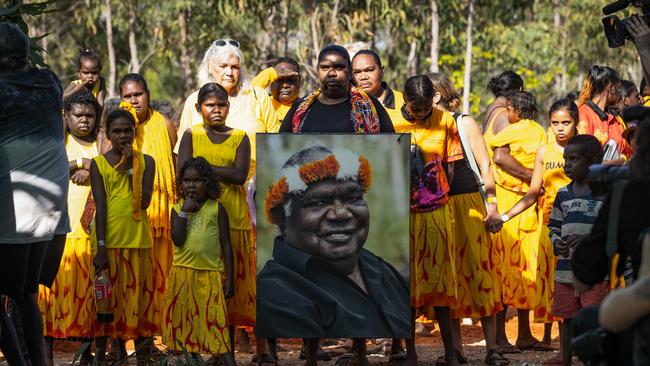
Anthony Albanese has promised there will be no retreat on the referendum, declaring a constitutionally enshrined voice would bring a “new day” of unity to the nation and act as a “vehicle for progress” in tackling Indigenous advantage.
In his strongest and most impassioned defence of the voice, to be delivered at the Garma festival in northeast Arnhem Land on Saturday, the Prime Minister will invoke the spirit and vision of the late Yolngu elder Yunupingu to promote the “coming-together of two worlds”.
In a draft of his speech obtained by The Weekend Australian, Mr Albanese says voting Yes is a “once-in-a-generation opportunity for real, overdue and much-needed change” and promises there would be “no delaying or deferring this referendum”.
“We will not deny the urgency of this moment,” he says.
“We will not kick the can down the road.”
While he does not nominate a date for the national vote, Mr Albanese dissects the meaning of a No result for the country: an acceptance of entrenched Aboriginal disadvantage that would guarantee “more of the same”.
“An eight-year gap in life expectancy, in the home of the fair go,” he says. “A suicide rate twice as high, in the lucky country. Shocking rates of disease, in a nation with some of the world’s best healthcare. Only four out of 19 Closing the Gap targets on track.
“Surely no leader can honestly say this is good enough. Surely no leader can imagine that change is not desperately and urgently needed.”
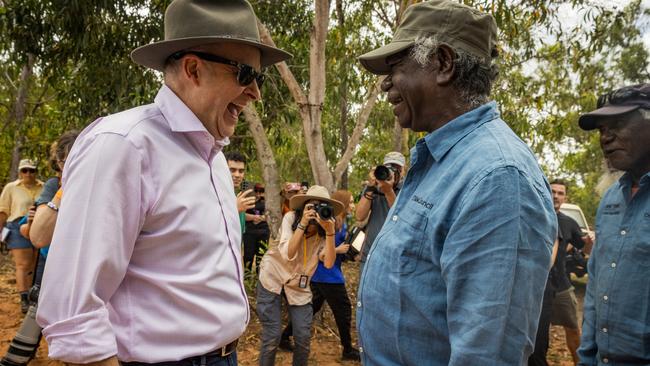
Addressing calls to split the voice to parliament from the issue of constitutional recognition, amid polling showing support for the Yes case trending down, Mr Albanese says he is not for turning. “We will not abandon substance for symbolism or retreat to platitudes at the express of progress,” he says. “Aboriginal and Torres Strait Islander people have been clear. The form of constitutional recognition they are seeking is a voice.
“Not our sympathy, not a symbol – a vehicle for progress, a practical tool to make their children’s lives better.”
A refusal to put the voice in the Constitution would mean “rejecting the form of recognition that Aboriginal and Torres Strait Islander people have requested”.
Mr Albanese says a voice to parliament would ensure the “Garma spirit of learning and co-operation and shared progress” would no longer be confined to “this one part of Australia and one group of Australians for four days a year”.
“It is shared with our nation, to serve our whole nation,” the Prime Minister says. “To ensure that Aboriginal and Torres Strait Islander people everywhere have the opportunity of a better life.
“So instead of the inspiring success stories we see around us being shining exceptions, like stars in the night sky, there can be a new day.”
The address comes as it was reported Western Australia’s controversial Aboriginal heritage laws, which had loomed as a threat to the voice referendum, are to be scrapped just a month after they were introduced.
WA Indigenous Affairs Minister Tony Buti contacted organisations that represent native title holders on Friday to say he would announce “significant changes” to the laws on Tuesday.
Mr Albanese arrived at Garma on Friday after Peter Dutton – who will not attend the nation’s largest Indigenous gathering – used parliament this week to accuse the Prime Minister of withholding information on the voice and concealing Labor’s plans for the establishment of a Makarrata commission and treaty-making process.
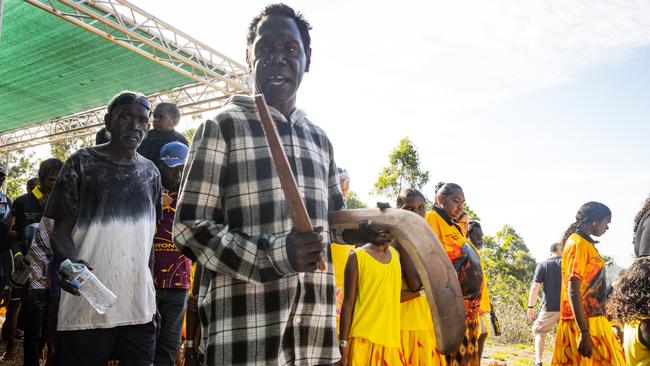
The Coalition is pursuing the government over how $900,000 of the $5.8m allocated in the October budget to establish the Makarrata commission has been spent. Indigenous Australians Minister Linda Burney has declined to say where the money has gone.
On Friday, the Opposition Leader said the voice to parliament represented the “biggest change” to the Constitution since federation and that Mr Albanese had “a deliberate strategy” not to provide detail on how it would work.
“Every Australian wants to see a better outcomes for Indigenous Australians. We want to see kids going to school, housing, jobs,” Mr Dutton told the Nine Network’s Today. “But setting up a new body which will have an influence on every area of government policy and consideration is something the Australian public, I don’t think, are going to tolerate.
“Let’s do constitutional recognition. I think there’d be 80 per cent support for it. The Prime Minister supports it. I support it.
“I just don’t think the country is ready for the voice question because they don’t understand what it is about.”
In his Garma address, Mr Albanese says there is “nothing to fear, and so much to gain” from voting Yes, arguing that Australians have a rare opportunity.
“The No campaign are desperate to talk about anything but the actual question before the Australian people,” the Prime Minister says. “Because even they understand more of the same is not just unacceptable, it is indefensible.
“We can bring our two worlds together. With our hearts and with our heads … the power to reach for a better Australia is in our hands.”
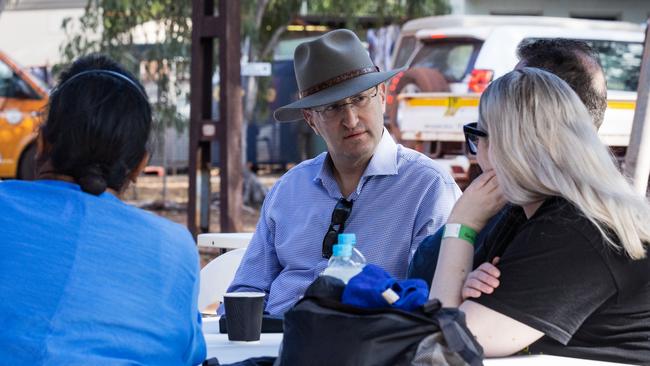
The voice was framed by Mr Albanese as a tool for achieving improvements for Indigenous Australians in the areas of health, education, employment and housing. He likened it to a “practical tool” that would help “more families know the stability of a roof over their head” and ensure more communities were “safer, happier and healthier”.
“That’s what the voice is about: advice,” he says.
“Advice that will ensure government benefits from the perspective and experience of the people on the ground.”
Speaking on Friday after arriving in Gulkula in northeast Arnhem Land, Mr Albanese said there would be a greater focus on the choice before Australians in the weeks leading up to the referendum and he was unsurprised there was a large number of undecided voters.
“I saw research early on that had a very high figure for how many people didn’t know that we had a Constitution,” he said. “There hasn’t been a referendum held this century.
“I don’t think people want a date announced many months in advance and then a long day-to-day campaign. There will be a focus in the weeks leading up to people voting, particularly in the four weeks leading up.”
Mr Albanese said he respected people with a different view from his own on the voice, but dismissed attempts to link the referendum to issues that had “nothing to do with what people will vote on” as illegitimate.
He also rejected the argument the voice would concern itself with the AUKUS agreement for nuclear submarines, despite a member of the referendum advisory group, Sally Scales, saying Aboriginal communities should be consulted on where the submarines would be docked and what would happen to the nuclear waste they produced.
In his Garma address, Mr Albanese argues there is a strong foundation of support for the voice across society ranging from different sporting codes, faiths, political parties and businesses, but cautions that there are “no guarantees of success”.
“That’s not a reason to delay. It’s why we have to hold to the courage of our convictions … All of us have a part to play,” he said.


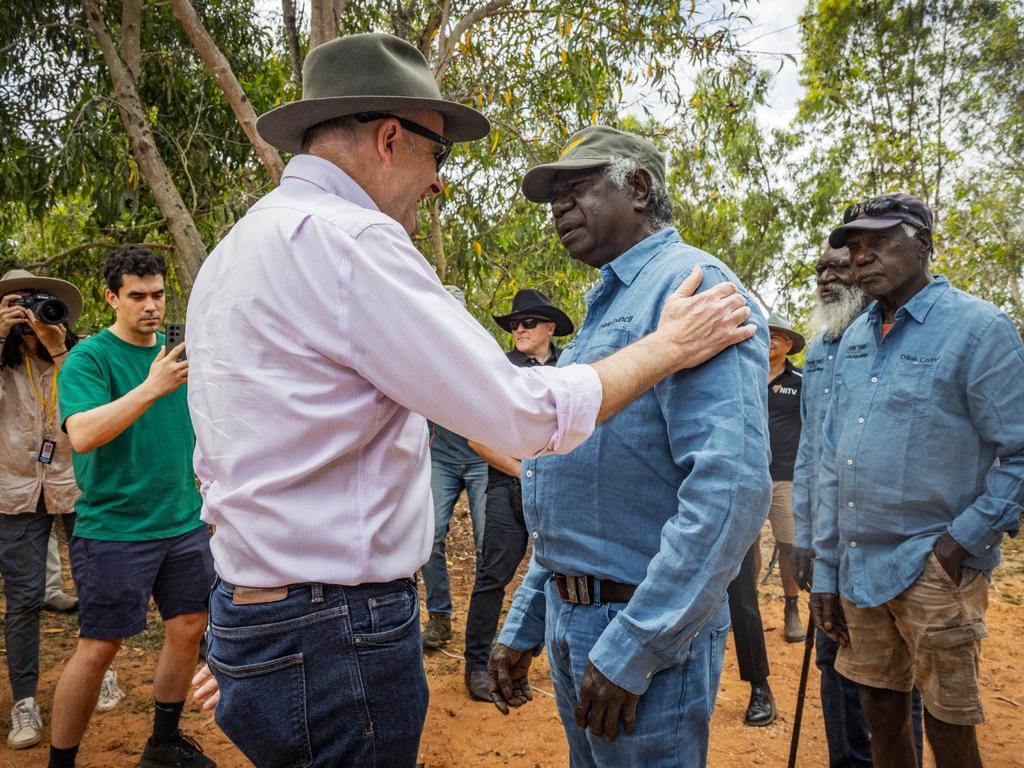
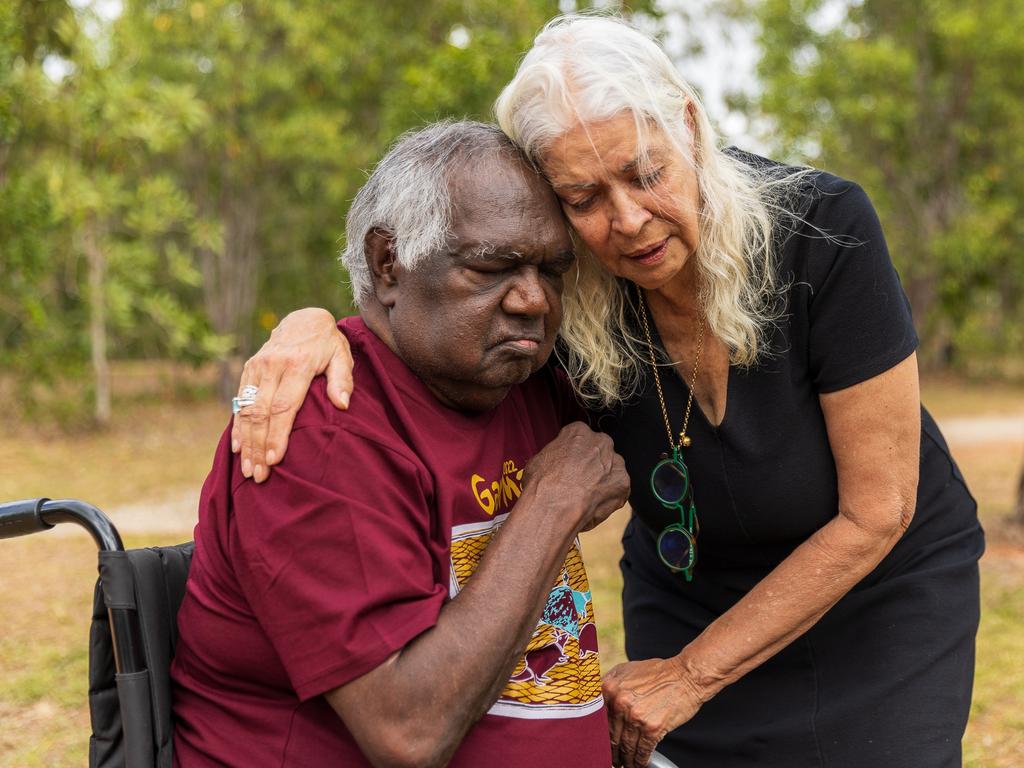
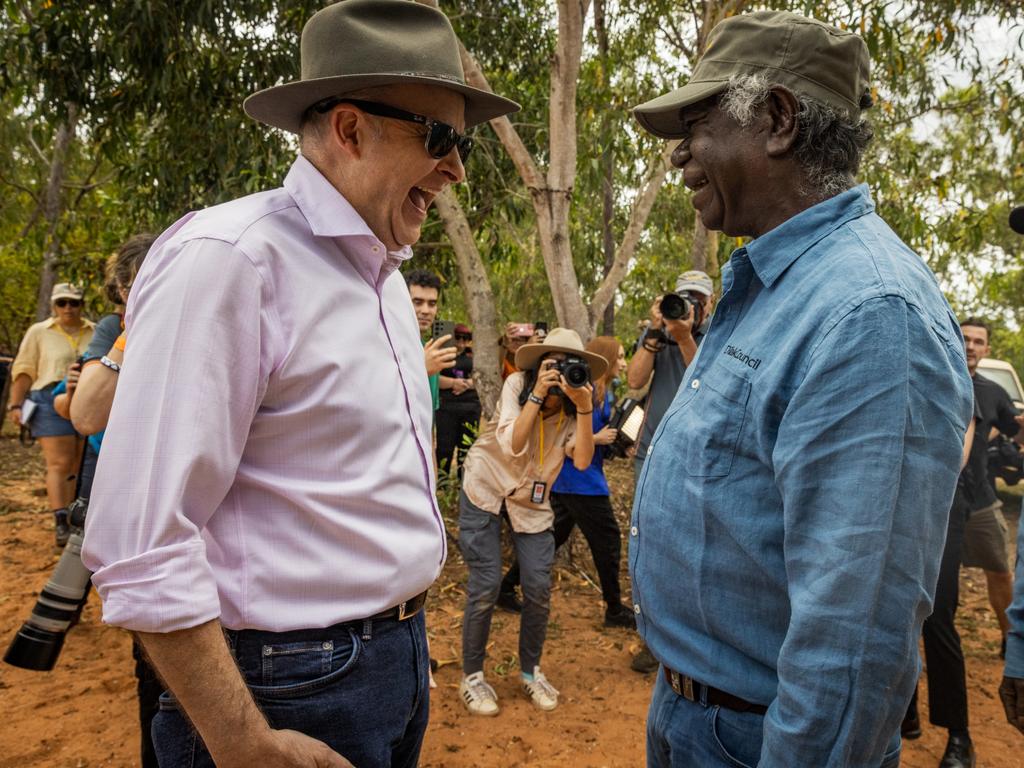
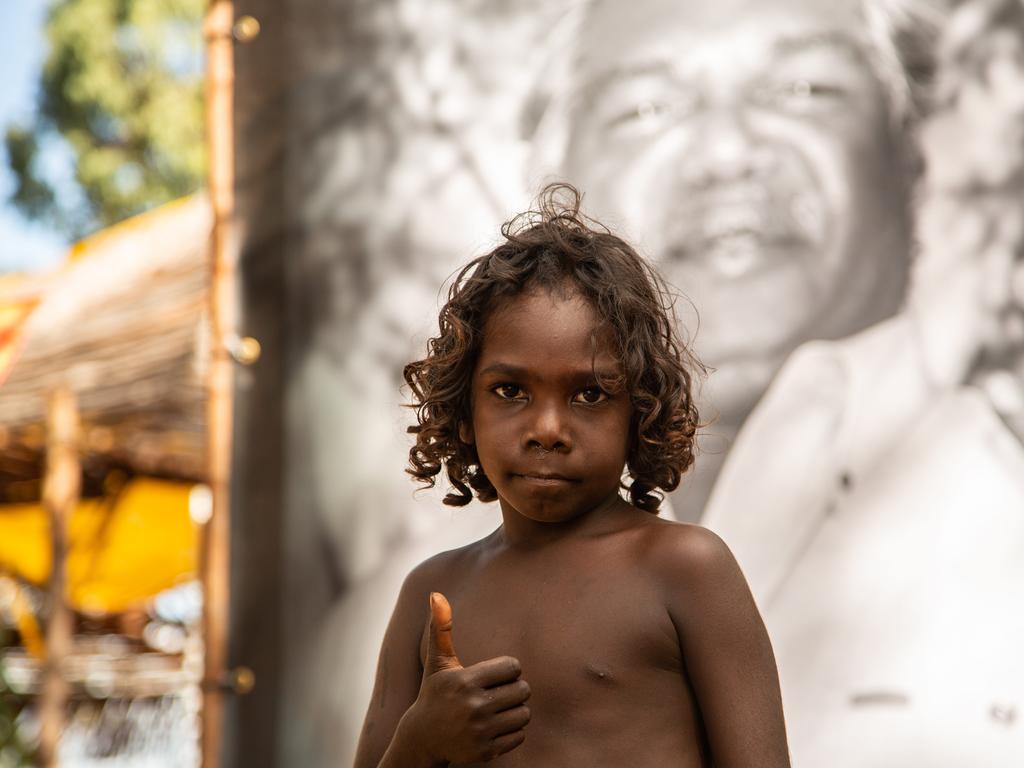


To join the conversation, please log in. Don't have an account? Register
Join the conversation, you are commenting as Logout